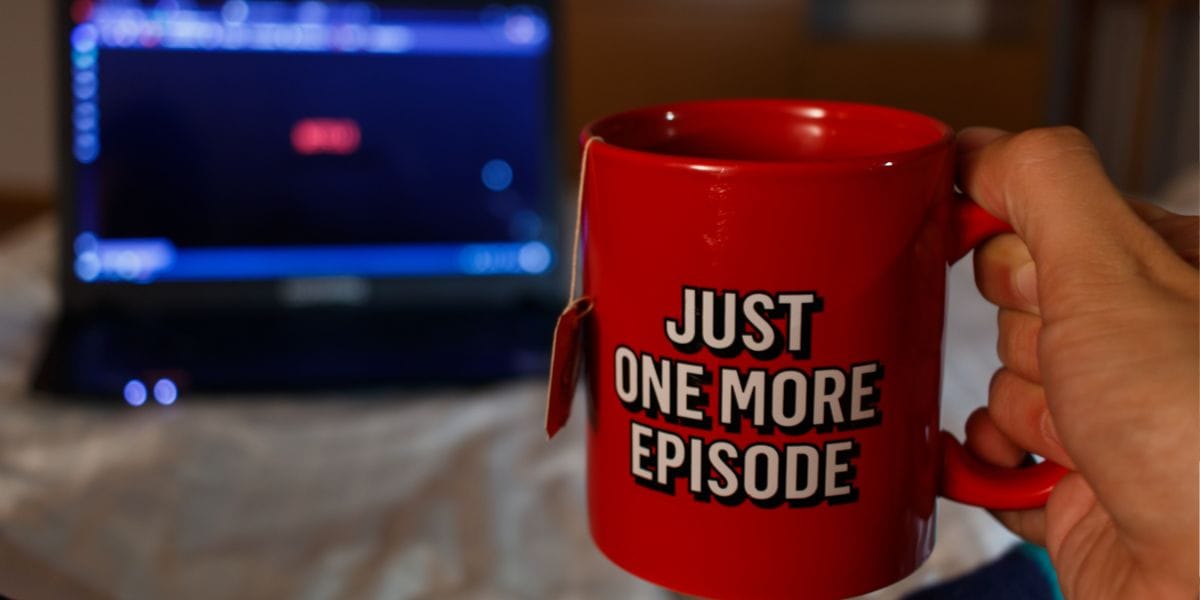Outline:
- Accepting information we agree with is easy, it takes no mental energy; and
- Investors need to be able to transform their world view as the markets change.
As humans, we have a tendency to search for, interpret and favour information that confirms our existing beliefs. This is also known as confirmatory bias or myside bias.
Two people can have opposite views on a topic, read the same thing and come away feeling like the article completely agrees with them. We see confirmation bias more pronounced in ideas that are emotionally charged.
As investors, failing to see information in an unbiased way can lead us to make serious misjudgements that can result in losing money. That's why understanding confirmation bias is important, we need to be able to identify it in ourselves and others.
If the data seems to immediately support your views, maybe take a second look at it.
"It is a capital mistake to theorise before one has data. Insensibly one begins to twist facts to suit theories, instead of theories to suit facts."
– Sherlock Holmes, A Scandal in Bohemia.
As you develop a grasp of how confirmation bias works, you'll begin to see it everywhere. Tim Kreider describes the bias best in We Learn Nothing:
"One reason we rush so quickly to the vulgar satisfactions of judgment, and love to revel in our righteous outrage, is that it spares us from the impotent pain of empathy, and the harder, messier work of understanding."
A series of psychological experiments in the 1960s began to show us that we are biased toward confirming our existing beliefs, but like most biases there is evidence people have been thinking about it for far longer.
Greek historian Thucydides (c. 460 BC – c. 395 BC) wrote "for it is a habit of mankind to entrust to careless hope what they long for, and to use sovereign reason to thrust aside what they do not fancy."
Nearly two thousand years later, Dante Alighieri (1265 – 1321) noted in Divine Comedy, "opinion–hasty–often can incline the wrong side, and then affection for one's own opinion binds, confines the mind."
It's completely understandable for our minds to make the shortcut. When we were hunter gatherers it was far easier to agree with the tribe even if they were wrong, and you were right, because you had to rely on them for survival.
But as investors we can't afford to take shortcuts. While it saves us time, we make worse decisions, especially when under pressure. Our minds were formed in a world far slower than our current 24/7 news cycles, we're not equipped to handle the modern world.
For most of shared human existence, people experienced very little information beyond what was told to them first hand. Now, we're ever-connected, always on, and constantly receiving complex signals that we have to decipher. It's hard to make sense of all the noise.
Accepting information we agree with is easy, it takes no mental energy. Fighting for understanding, grasping for reason is hard valuable work. As investors we don't want to shy away from what we disagree with. If you believe technology is the future, you should be reading about why it isn't.
"It is the peculiar and perpetual error of the human intellect to be more moved and excited by affirmatives than by negatives; whereas it ought properly to hold itself indifferently disposed towards both alike."
– Francis Bacon, Novum Organum
Why confirmation bias matters for investors
The ironic thing about confirmation bias is you can't overcome it, without being aware of it, and even if you do know what it is, you will still suffer from it unless you're actively trying to work against it.
Confirmation bias is one of the most well documented faulty forms of thinking that we have as humans, there are enough experiments to fill an entire textbook. We'll use one.
For the experiment, researchers rounded up Stanford students who had differing views on the death penalty. Half the participants were in favour and thought it deterred crime, and half were against it and thought it had no effect on crime.
The participants were asked to respond to two studies. The first provided data supporting the deterrence argument, the other called it into question. Both studies were made up, designed to present what were equally compelling statistics.
Participants who supported punishment found the first study highly credible and the second unconvincing, participants who were against capital punishment found the opposite to be true.
At the end of the experiment, they were asked once again about their views. Those who started out pro-death penalty, and those who started out against had one thing in common. Both were now even more in favour of their position.
If your goal is to have a sound judgement on a topic then it's hard to conceive of a more serious design flaw than confirmation bias, thanks evolution...
Confirmation bias clouds our judgement, it stops us from making rational decisions. We all have a skewed view of the world, even if we have data. Investors need to be able to transform their world view as the markets change.
As Howard Marks has often said:
"Once in a while, however, the future turns out to be very different from the past. It’s at these times that accurate forecasts would be of great value. It’s also at these times that forecasts are least likely to be correct."
If your forecast turns out to be wrong and you continue to think you're right, maybe it's time to remind yourself of the confirmation bias.
If confirmation bias is bad, why do we have it?
Why do we struggle to even see information that contradicts with what we believe in? Why is it when we learn about confirmation bias, we feel like it affects everyone except us?
It's because we see ourselves as rational people. We think, “it couldn't be me who believes their beliefs over the facts, I'm smart.” But time and time again, studies have shown as that we do, even you, suffer from confirmation bias.
Don't worry, there is nothing wrong with you. It's entirely normal for sane people to continue to believe in what they believe in. Changing your mind is hard work.
As modern day humans we are bombarded with information, far more than our ancestors ever had to deal with. It comes from the internet, media, and everyone around us. We're forced to change or get left behind, but it wasn't always like that.
For hunter gatherers it was far more important to fit into the pack than lead it. That's why we developed cognitive shortcuts to help us fit in, a lot of the time they're useful.
Imagine you are a hunter gatherer and someone you live with eats a plant that everyone thought was poisonous and is fine, is it better for you to stop believing the plant is poisonous? Or continue to believe it? For survival reasons, it's clearly easier for you to not eat the plant unless there is no other food around.
It's also driven by something psychologists call ease of recall. The easier you can recall an event, the more likely you are to believe that it will happen again. As a result, we tend to see more evidence for information that confirms our worldview, because we can easily recall it. All the while data that disagrees with us seems like an anomaly, a once off.
If we had to consistently question everything we believed in, we'd go crazy.
We ignore what we disagree with because it's simpler than figuring out what fits and what doesn't. It's not because we don't want to be rational, it's because we don't want the negative effects that come with changing our world view. Imagine if you were wrong in the example above and the plant was poisonous. A lot of the time ignoring evidence can be beneficial, it helps us stay friendly with those around us.
That's all well and good, but when it comes to investing, it's better to be contrarian and right, than with the crowd and wrong. The only problem being, it's much easier to be contrarian and wrong. Wisdom of the crowd as they say.



